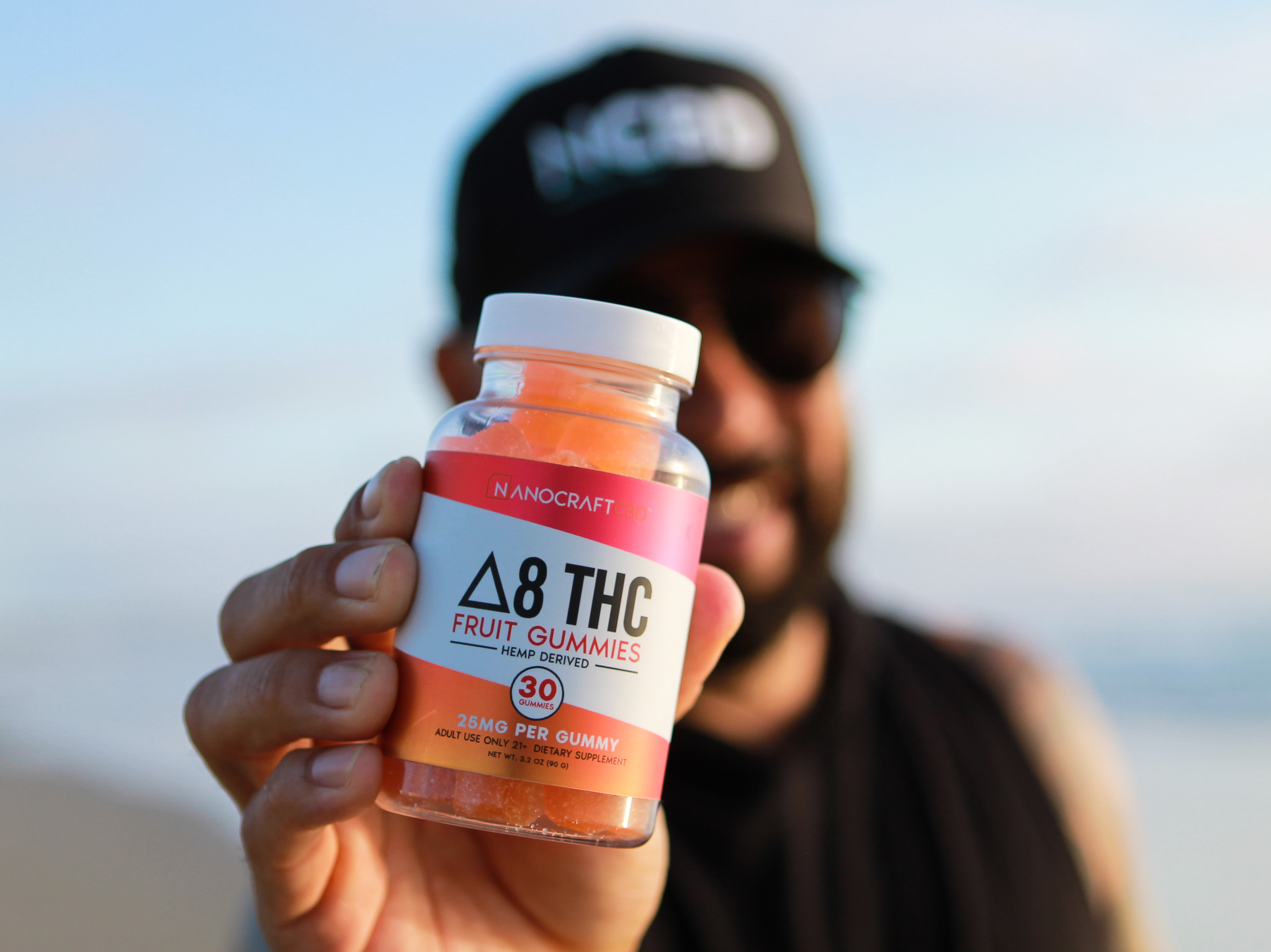How Delta 8 Gummies Are Changing Consumer Behavior
The cannabis industry is constantly evolving, with new products and trends emerging regularly. One of the most significant developments in recent years is the rise of Delta 8 gummies and their impact on consumer behavior. Delta 8 gummies, which contain a THC alternative, have quickly gained popularity and are changing the way consumers approach cannabis consumption.
Delta 8 gummies are a specific type of edible infused with Delta 8 THC, a compound derived from the hemp plant. Unlike Delta 9 THC, which is the primary psychoactive compound in cannabis, Delta 8 THC offers a milder and more balanced high. This characteristic has attracted many consumers who seek a more relaxed and controlled experience.
One of the key factors driving the change in consumer behavior is the increasing interest in wellness and self-care. As more people prioritize their overall well-being, they are turning to alternative wellness solutions, including Delta 8 gummies. These gummies provide a convenient and discreet way for individuals to incorporate cannabis into their wellness routines, without the need for smoking or vaping.
The rise of Delta 8 gummies also aligns with the broader shift towards natural and plant-based products. Consumers are becoming more conscious of what they put into their bodies and are seeking natural alternatives to traditional medications and remedies. Delta 8 gummies, derived from the hemp plant, fulfill this desire for a more natural approach to wellness.
Furthermore, the legality of Delta 8 THC has played a significant role in changing consumer behavior. While Delta 9 THC is still illegal in many states, Delta 8 THC falls into a legal gray area. This has made it more accessible to consumers who are looking for a THC alternative but may not have access to legal recreational or medical marijuana. The legality aspect has created a sense of security and ease among consumers, encouraging them to try Delta 8 gummies.
However, it is essential to consider the tradeoffs associated with Delta 8 gummies. While these gummies offer a more controlled and milder high, they may not provide the same potency as traditional cannabis products. This aspect may affect consumers who are seeking a more intense psychoactive experience. Additionally, the long-term effects of Delta 8 THC are still relatively unknown, and further research is needed to understand its potential health implications.
Another challenge associated with the rise of Delta 8 gummies is the lack of regulation. As a relatively new product in the market, there are limited quality control measures in place. This lack of regulation poses risks to consumers, as the potency and purity of Delta 8 gummies vary among different brands and products. It is crucial for consumers to do their research and choose reputable brands that prioritize transparency and quality.
When considering the impact of Delta 8 gummies on consumer behavior, it is vital to recognize the influence of marketing and branding. Companies have recognized the growing demand for Delta 8 gummies and have invested in creating attractive packaging and appealing flavors. This marketing strategy aims to appeal to a broader audience, including those who may not have considered cannabis products in the past.
In conclusion, Delta 8 gummies are revolutionizing consumer behavior in the cannabis industry. These gummies offer a THC alternative that appeals to those seeking a more controlled and balanced high. The wellness trend, the desire for natural alternatives, and the legal accessibility of Delta 8 THC have contributed to their growing popularity. However, consumers must be aware of the tradeoffs and challenges associated with these products. Despite the lack of regulation and potential unknown long-term effects, the rise of Delta 8 gummies demonstrates the evolving landscape of consumer preferences and the cannabis industry as a whole.
